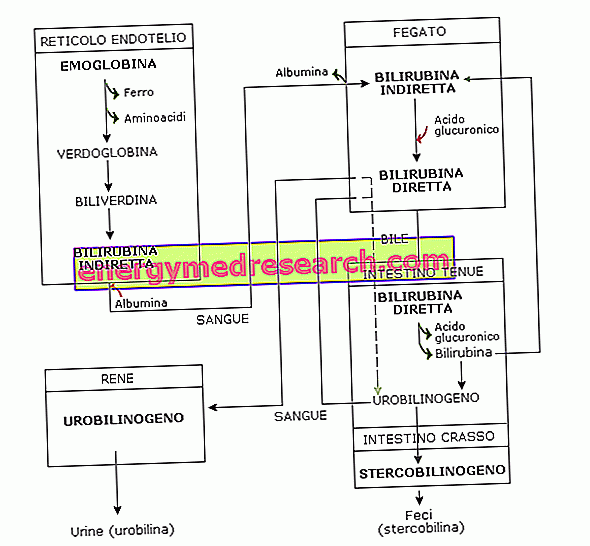RU-486
The abortion pill is the method of excellence used to voluntarily interrupt a pregnancy within the first 7 weeks after conception.

The abortion pill causes the detachment and elimination of embryonic tissues by blocking the action of progestin receptors on the mucosa and on the musculature of the uterus. To facilitate abortion, taking the RU-486 pill is normally accompanied by the administration - after the next 48 hours - of a prostaglandin. These drugs, able to promote the contractile activity of the myometrium, favor the expulsion of the embryo, therefore the abortion.
Advantages
It should be emphasized that taking the abortion pill must not be a routine practice, and the decision to proceed with the abortion must always be carefully considered. In addition to putting risks and benefits on the balance, before arriving at similar drastic decisions, it is necessary to think carefully about the action being taken. However, the woman must not forget that the life of a creature is at stake. In such circumstances, the support of the partner or family is essential to help the woman overcome the difficult moment that she is certainly facing.
However, the RU-486 pill is an "advantageous" abortion method for the following reasons:
- It does not require surgical intervention
- It does not require anesthesia
- It allows the interruption of an unwanted pregnancy even when surgical abortion cannot be performed
- Less invasive abortive method than surgical procedures such as curettage and aspiration
- The woman taking the abortion pill does not face the classic risks associated with a surgical abortion: cervical trauma, risk of sterility and extrauterine pregnancy
- It is a relatively inexpensive abortion method
- It is effective in 95% of cases
- Hospitalization is not always essential (however, this condition is required in some countries and is always recommended)
Abortion pill and fertility
Normally, the administration of the abortion pill does not cause infertility problems or serious complications in subsequent pregnancies. Despite what has been said, some research suggests a possible link between pharmacological abortion and some discomforts that the woman might face in any subsequent pregnancies. In such circumstances, an increase in the risk of:
- Uterine bleeding during the initial phase of the next pregnancy
- Low weight of the fetus at birth
- Pre-term birth
- Placenta "previa": this is a typical emergency of the III month of gestation and birth. In such circumstances, the placenta is in an abnormal position: developing in the lower part of the uterus, the placenta covers the cervix totally or partially. For this reason, placenta previa can also cause serious bleeding.
risks
Currently, we do not have reliable, long-term data to assess the potential carcinogenic risk that a woman may incur after taking the abortion pill. Studies on the possible carcinogenic toxicity of the abortion pill - performed in vitro and on some animal guinea pigs - have not revealed any genotoxic potential.
The risk of death (for the mother) after taking the abortion pill is relatively low.
Curiosity
We report a figure that comes to us from an American research carried out in April 2011. In the USA, only 14 women out of 1, 520, 000 died after taking the mifepristone pill. However, probably, the death of these women is not directly linked to the administration of the abortion pill, but rather to secondary causes (in fact, it seems that 8 out of 14 women died from septicemia, while the remaining 6 for drug addiction or suspected murder).
Administration of the abortion pill may rarely involve metritis or pelvic inflammatory disease.
Contraindications
Not all women can request the abortion pill. Like any drug, the RU-486 pill also shows some contraindications.
The abortion pill should not be taken under the following circumstances:
- Presence of intrauterine spiral
- Ectopic pregnancy
- Adrenal insufficiency
- Hereditary porphyria: clinical syndrome that affects skin and nervous system. The main symptom of porphyria is the emission of dark red urine, similar to wine
- Long-term anticoagulant therapy
- Administration of corticosteroid drugs for long periods
- Changes in blood coagulation
- Feeding time
Particular attention to the use of the abortion pill should be placed by women who smoke more than 10 cigarettes a day, especially if they are over 35 years old. Similarly, to escape the risk of cardiovascular events, even patients suffering from serious chronic diseases (respiratory / cardiovascular / hepatic / renal diseases, hypertension, insulin-dependent diabetes, severe anemia, etc.) should avoid taking the abortion pill.



